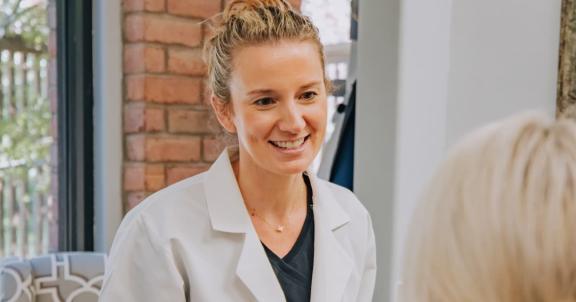Dental Check-up : Mental Health Series
This three-part series, focuses on mental health in the dental workplace, and is hosted by renowned expert Prof. Tim Newton who has worked as a psychologist in dentistry for over 30 years. Dentistry is undoubtedly perceived as one of the most demanding and challenging professions. Stress, anxiety and burnout are serious issues that affect oral health professionals and dental teams all around the world.
This important issue is brought to light through candid discussions with oral health professionals, who share their personal experiences. As well as through conversations with experts who highlight how to manage and improve mental health and well-being.
Are you an oral health professional who has suffered from mental health issues in the dental workplace? Share your story with us: communications@fdiworlddental.org and help others to know they are not alone.
Add the podcast to your playlist today to make sure you don’t miss an episode:
Buzzsprout

ABOUT THE HOSTS
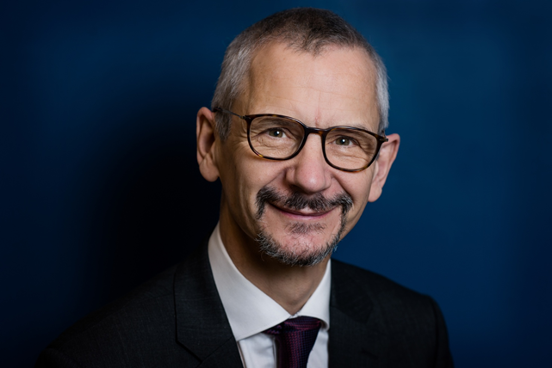
Tim Newton
Tim Newton is a Professor and Consultant in Psychology as Applied to Dentistry at King’s College London. He is also an Honorary Consultant Health Psychologist to the Office of the Chief Dental Officer (England) and an Honorary Professor at both University College London and University College Cork. Recipient of an International Association for Dental Research (IADR) distinguished scientist award, Prof. Newton dedicates a significant amount of time in clinical commitment to support individuals with dental phobia to overcome their fear and supports them in facing challenging dental procedures. His extensive experience and background in Cognitive Behaviour Therapy makes Prof. Newton an ideal host for the first series of Dental Check-up to highlight the topic of mental health in the dental workplace.
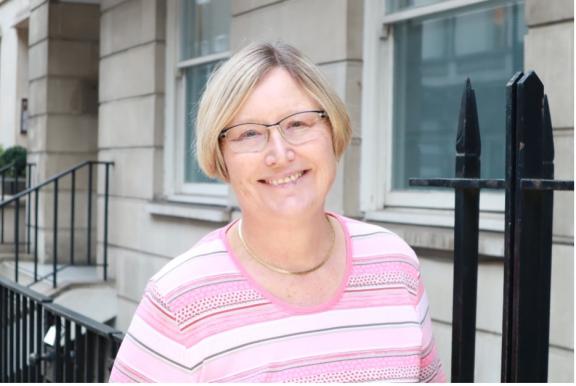
Roz McMullan
Roz McMullan is Chair of Probing Stress in Dentistry in Northern Ireland and co-chair of the Mental health wellness in dentistry working group in the UK, developing a framework for Mental Health Leads in the dental workplace. She is also a Member of the UK dental team mental health research and implementation group. Roz will be in all three episodes of this mental health series, discussing some top tips to help dentists and dental teams.
Ep. 1: It’s OK to not be OK
Mental health and well-being of the dental team. Stress/burnout and basics in common mental health disorders in dentistry and how to cope with it.
In this episode you will hear discussions with colleagues and experts about the scale and nature of the problem of stress/burnout in the dental workplace, and advice on how to make changes; real life experiences along with tips and exercises to better manage stress at work.
Listen to some of Roz’ top tips and share your experience, let us know what you think: communications@fdiworlddental.org
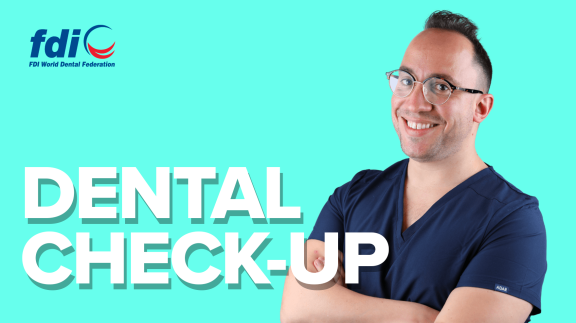
Anastasios Plessas
Anastasios Plessas is a general dental practitioner and an honorary fellow of the faculty of health at the University of Plymouth. Anastasios recently worked on a project on Mental Health and Wellbeing in Dentistry: A Rapid Evidence Assessment. Commissioned by the General Dental Council.
In this episode:
Learn stress management techniques and how to:
- Normalise conversations and talk about things and how you feel openly
It is important to develop positive networks and avoid negative and toxic ones. Having positive and supportive colleagues is what we need when things get tough, which they do for all of us.
- Be kind to ourselves
One of the things we have to learn early on in our career is how to make decisions in the uncertainty of the healthcare environment. Sometimes there is a feeling that while doing your best, it's just not good enough, and that alone might leave you open to a complaint. It is really important to recognise that sometimes, your best is all you can do.
- Be kind to each other
Psychological safety in the workplace is a buzz term at the moment. It is really important to be kind to each other, both in our real world and in the virtual world of social media.Being kind to the whole dental team is really important and that includes not just those who we interact with in our own workplace but also, those who we interact with within the systems we work in. They too may be having a bad day.
Ep. 2: Am I good enough? The power of sharing a story
A healing journey starts with a personal decision, but can only be accomplished with a team effort – Kaejenn Tchia.
Dentists and other members of the dental team can face high levels of demand in their day-to-day work that exceed their abilities to cope, ultimately affecting their work and well-being.
Tim Newton and guest Dr Kaejenn Tchia embark on a candid and insightful conversation about the challenges oral health professionals can face from their early career days and how these can affect their mental well-being.
Kaejenn openly shares his experience with burnout and about his healing journey, with the aim of helping others to understand that they are not alone.
In this episode:
Learn stress management techniques and how to:
- Normalise conversations and talk about things and how you feel openly.
Having open conversations with trusted colleagues and friends can help us understand our feelings and is often all we need to action changes that can prevent us getting very unwell.
- Be kind to ourselves.
Dentists and dental teams can often experience imposter syndrome – a feeling of “can I do this job” - andperformance anxiety. It is, however, important for oral health professionals to remember that they are not alone in feeling so and to be kind to themselves.
- Be kind to each other.
Psychological safety in the workplace is a buzz term at the moment. It is really important to be kind to each other, both in our real world and in the virtual world of social media. Being kind to the whole dental team is really important and that includes not just those who we interact with in our own workplace but also, those who we interact with within the systems we work in. They too may be having a bad day.
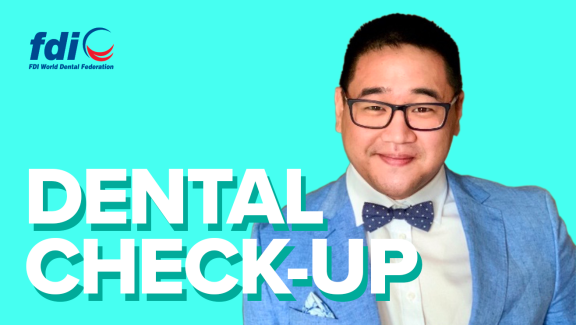
Dr Kaejenn Tchia
Dr Kaejenn Tchia is a young dentist, entrepreneur and motivational coach, passionate about mental health and empowering others to live their fullest lives. Based in Darwin Northern Territory (NT), Australia, he is also the treasurer of the Australian Dental Association NT branch.
Episode 3: Addictions, Hope and the path to Recovery
In the latest and final episode of the mental health series, host Tim Newton engages in an intimate conversation with Sarah Thomson, a dental hygienist whose personal experience of overcoming alcoholism is inspiring and remarkable. Sarah generously shares her story, with the hope that it will serve as a source of inspiration and motivation for others going through similar experiences.
In the second section of this episode, Tim is joined by Richard Jones, Deputy Director from NHS Practitioner Health Service in the UK, as they discuss the challenges and fears practitioners face when seeking help. They also consider the role of regulatory bodies in the UK, and shed light on how these services work to provide practitioners a clearer idea of what to expect when seeking help.
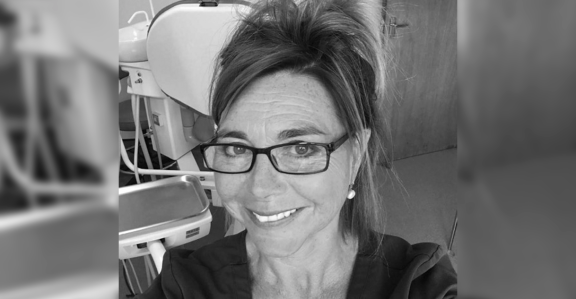
Sarah Thomson
Sarah Thomson is a Dental Hygienist and Dental Therapist from Bristol University. She has worked on different dental practices and she has also volunteered with dental charities in Africa.
Sarah is a recovering alcoholic, passionate about helping others facing similar experiences.
In this episode:
Learn about:
- Dentists and dental teams are at great risk of developing a substance abuse problem as a response of the impact of work stress
- Mental health and addiction problems are issues that cannot be faced alone
- Empowerment is key to understanding mental health conditions and to taking appropriate actions to address them
Do you know similar services for practitioners facing substance abuse in your country? Send us an email at communications@fdiworlddental.org. Let's support others who might need help.
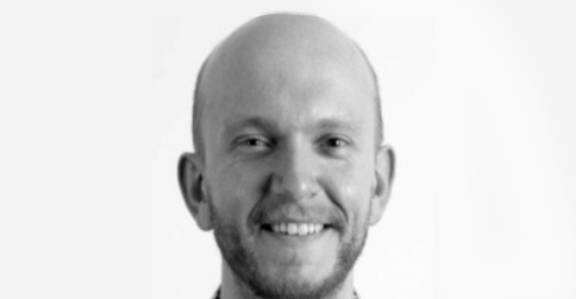
Richard Jones
Richard Jones is the Deputy Director for the NHS Practitioner Health Service and has been with Practitioner Health since 2010. He helps practitioner patients recover from a wide variety of health problems and addictions. As well as seeing practitioner patients for Rational Emotive/ Cognitive Behavioural Therapy, Richard also undertakes initial assessments alongside his case management role.
Richard originally trained as an RMN, working for over a decade post qualification at the SLaM Trust, before becoming a Lecturer/ Practitioner, at King’s College London’s Nightingale school, where he later became a College Tutor and course leader. Prior to joining Practitioner Health, Richard worked as a Specialist Nurse Researcher at the South London and Maudsley NHS foundation trust. He has a clinical background in early onset psychosis, psychiatric intensive care, forensic medium secure, as well as acute and general psychiatric in-patient care. He has worked with people in the most acute stages of mental illness in a variety of different settings.
Additional resources
The mental health series is part of the Health and Safety in the Dental Workplace project: Mental health and well-being, supported by Morita.
The Dental Check-up Mental health series is supported by:
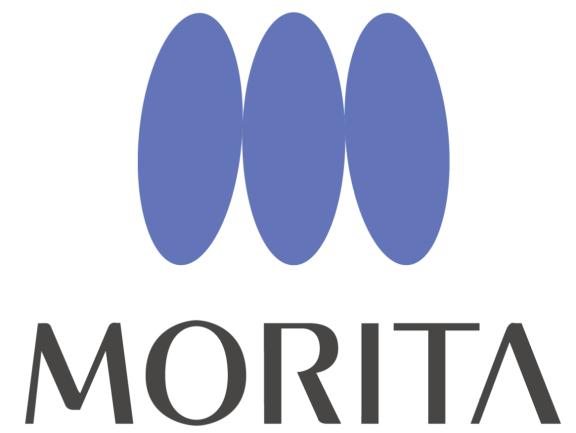
Online resources
